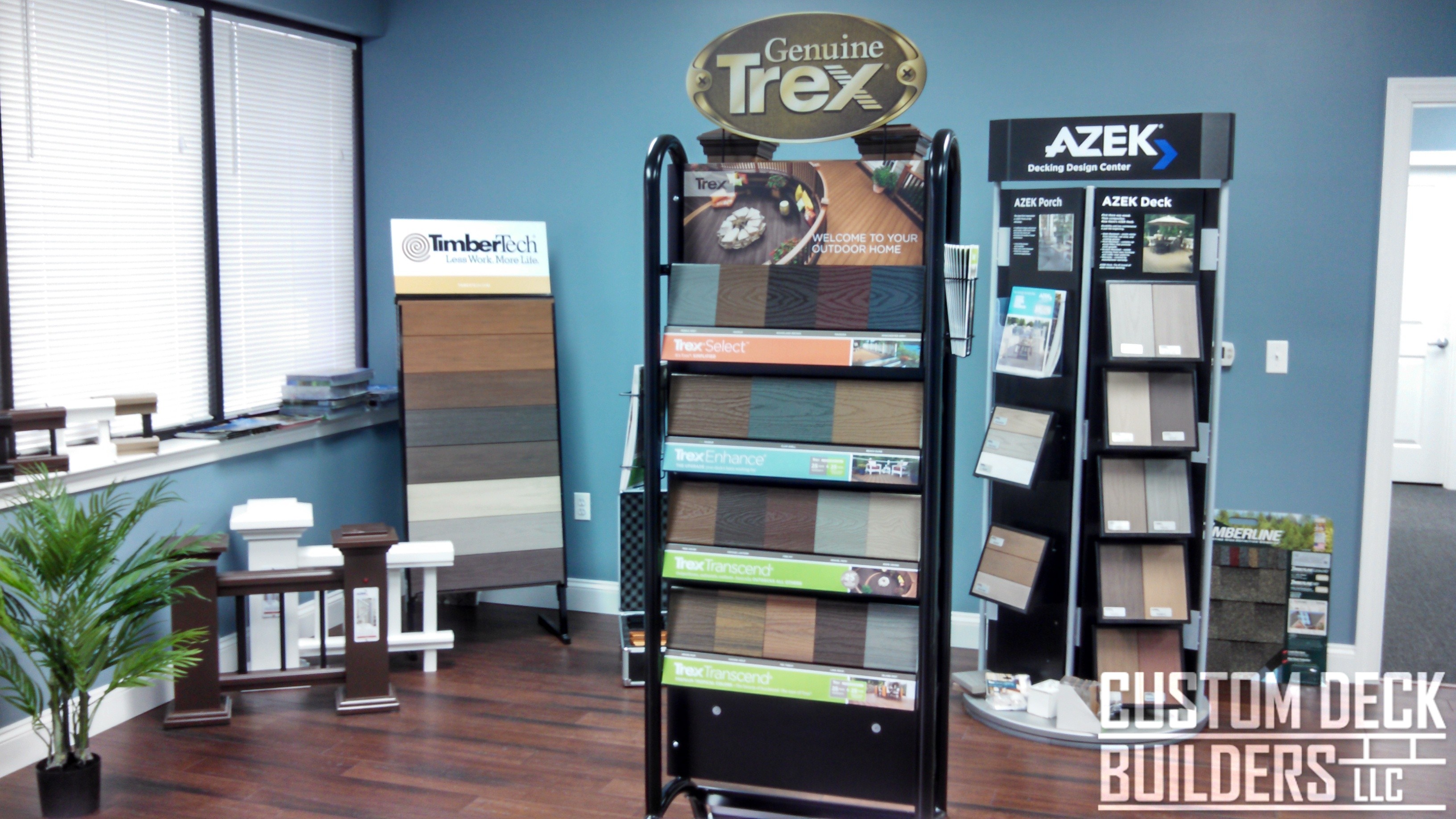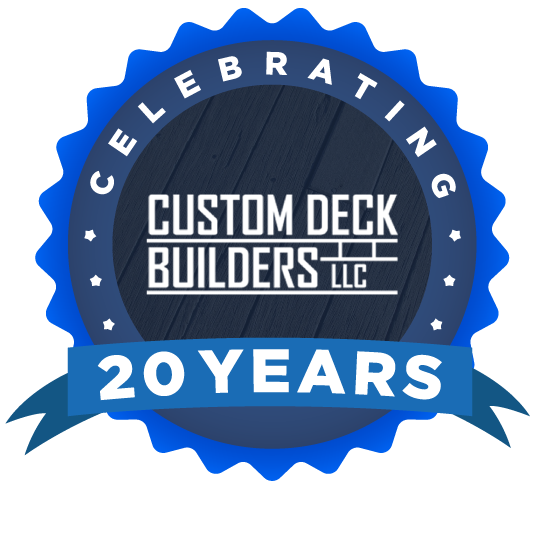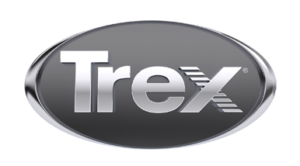Building a deck is an exciting project that can enhance your outdoor living space and increase the value of your home. However, one of the most important decisions you’ll face is choosing the right decking material. With a wide range of options available, it’s essential to understand the characteristics, advantages, and disadvantages of each material to make an informed choice. In this article, we’ll explore some popular decking materials and help you determine which one is right for your deck.

Wood Decking
Wood has been a traditional and popular choice for decks for decades. Some common wood options include pressure-treated lumber, cedar, redwood, and tropical hardwoods like ipe. Here are some key considerations:
Advantages:
- Natural beauty and warmth.
- Relatively affordable, especially pressure-treated lumber.
- Can be stained or painted to achieve the desired look.
Disadvantages:
- Requires regular maintenance, including sealing or staining every few years.
- Susceptible to rot, decay, and insect damage if not properly maintained.
- Some hardwoods are expensive and challenging to work with.
Is it right for you? Wood decking is an excellent choice if you appreciate the natural look and are willing to invest time and effort into regular maintenance. It can be an affordable option if you choose pressure-treated lumber.
Composite Decking
Composite decking is made from a combination of wood fibers, plastic, and sometimes other materials. It offers several advantages:
Advantages:
- Low maintenance; no staining or sealing required.
- Resistant to rot, decay, and insects.
- Available in a wide range of colors and textures.
- Long lifespan, often accompanied by warranties.
Disadvantages:
- Can be more expensive upfront compared to wood.
- Some composites may fade or develop surface mold over time.
Is it right for you? Composite decking is an excellent choice for those seeking a low-maintenance, long-lasting deck with a wide variety of design options. While the initial cost may be higher, the savings in maintenance and longevity can offset this.
PVC Decking
PVC decking is made from synthetic materials, primarily polyvinyl chloride (PVC). It has gained popularity in recent years due to its durability and low-maintenance features.
Advantages:
- Virtually maintenance-free; no staining, sealing, or painting.
- Resistant to moisture, insects, and UV rays.
- Available in a variety of colors and styles.
Disadvantages:
- Tends to be more expensive than wood and some composite options.
- Can become hot to the touch in direct sunlight.
Is it right for you? PVC decking is an ideal choice for those who want a deck that requires minimal upkeep and can withstand harsh weather conditions. While the initial cost is higher, the long-term savings and durability make it a valuable investment.
Aluminum Decking
Aluminum decking is a lightweight and durable option that has been gaining popularity for its unique characteristics.
Advantages:
- Extremely durable and resistant to rust, corrosion, and fading.
- Low maintenance; no staining or sealing required.
- Lightweight and easy to install.
- Fire-resistant.
Disadvantages:
- Can be more expensive than other decking materials.
- Limited color and texture options compared to composites.
Is it right for you? Aluminum decking is an excellent choice if you prioritize durability, low maintenance, and a fire-resistant option. It’s particularly suitable for areas with high humidity or proximity to water, such as coastal regions.
Let Us Help You Decide
The right decking material for your deck depends on your budget, desired maintenance level, aesthetic preferences, and climate conditions. The decking experts of Custom Deck Builders can help you choose the best decking material that addresses your needs. Afterward, our skilled craftsmen will ensure that your deck is built flawlessly using the decking material of your choice.
Contact us today to request a consultation.






